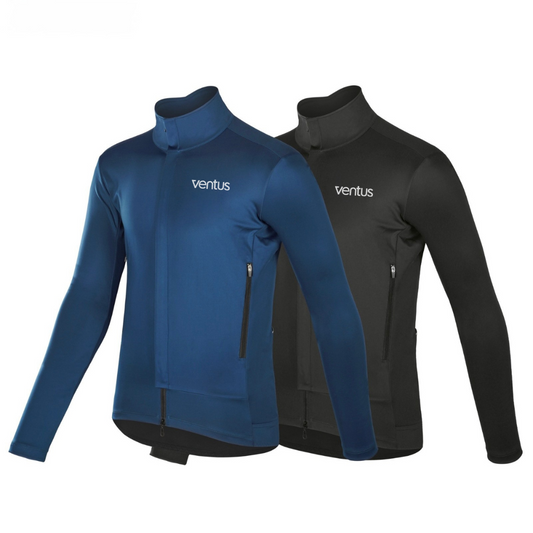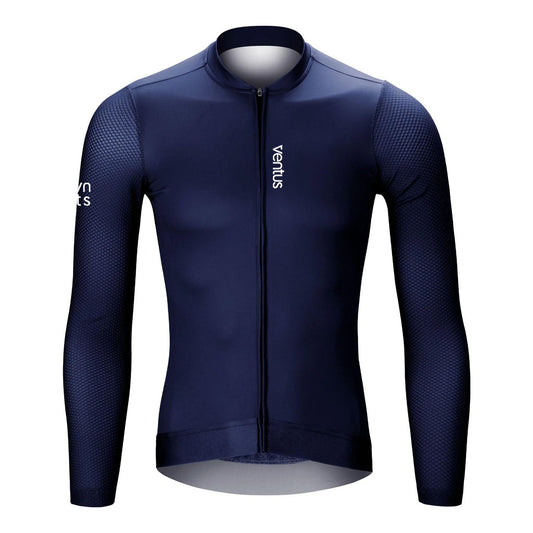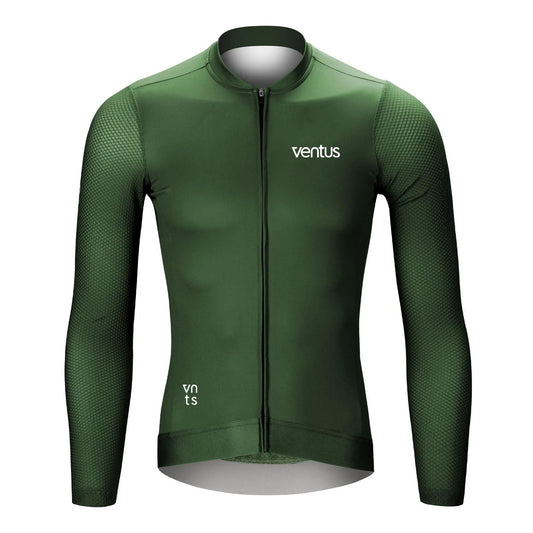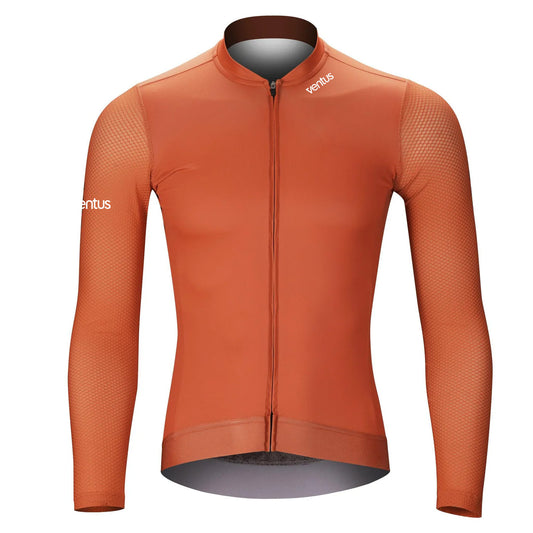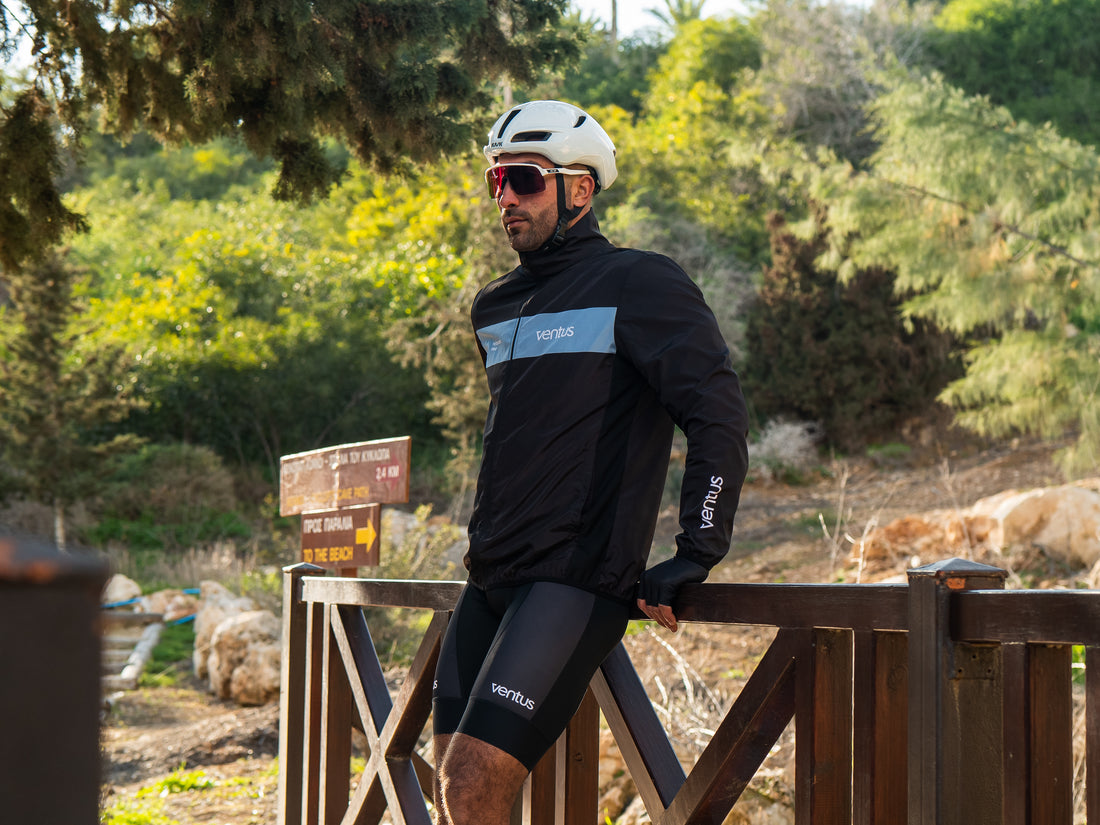
The Impact of Nutrition on Cycling Performance: Tips for Fueling Your Ride
Share
As cyclists, we understand the importance of training, equipment, and technique in enhancing our performance on the road. However, one often overlooked aspect that can significantly influence our performance is nutrition. Proper nutrition plays a crucial role in fueling our rides, optimizing recovery, and maximizing our overall cycling performance. In this article, we'll explore the impact of nutrition on cycling performance and provide practical tips for fueling your rides effectively.
-
Pre-Ride Fueling: Proper pre-ride nutrition is essential for providing the energy needed to fuel your rides. Aim to consume a balanced meal containing carbohydrates, protein, and healthy fats 2-3 hours before your ride. Opt for easily digestible foods such as oatmeal, yogurt, bananas, and whole-grain toast. Additionally, stay hydrated by drinking plenty of water leading up to your ride.
-
On-The-Bike Nutrition: During longer rides, it's important to replenish your energy stores and stay hydrated. Pack easily digestible snacks such as energy bars, gels, fruits, and electrolyte drinks to consume during your ride. Aim to consume carbohydrates every 30-60 minutes to maintain energy levels and prevent fatigue. Experiment with different nutrition strategies during training rides to find what works best for you.
-
Hydration: Proper hydration is essential for maintaining performance and preventing dehydration, especially during hot and humid conditions. Drink water regularly throughout your ride, aiming to consume at least one bottle per hour. Consider adding electrolyte tablets to your water to replace lost electrolytes and maintain hydration levels.
-
Post-Ride Recovery: After completing your ride, prioritize post-ride nutrition to support recovery and muscle repair. Consume a combination of carbohydrates and protein within 30-60 minutes post-exercise to replenish glycogen stores and promote muscle recovery. Options include a protein smoothie, chocolate milk, or a balanced meal containing lean protein, complex carbohydrates, and vegetables.
-
Nutrient Timing: Timing your nutrition around your rides can enhance performance and recovery. Experiment with meal timing and nutrient distribution to optimize energy levels and minimize gastrointestinal discomfort during your rides. Consider consuming larger meals earlier in the day and lighter, easily digestible snacks closer to your ride time.
-
Nutritional Periodization: Adjust your nutrition strategy based on the intensity and duration of your rides. For longer, more intense rides, focus on carbohydrate-rich meals and snacks to sustain energy levels. On recovery days or shorter rides, emphasize protein-rich foods to support muscle repair and growth.
-
Listen to Your Body: Everyone's nutritional needs are unique, so it's essential to listen to your body and adjust your nutrition plan accordingly. Pay attention to how different foods and hydration strategies affect your energy levels, performance, and recovery. Experiment with different foods and timing strategies to find what works best for you.
By prioritizing proper nutrition and fueling strategies, you can optimize your cycling performance, enhance your endurance, and accelerate your progress on the bike. Remember to fuel your body with high-quality, nutrient-dense foods, stay hydrated, and listen to your body's signals to perform at your best on every ride.
